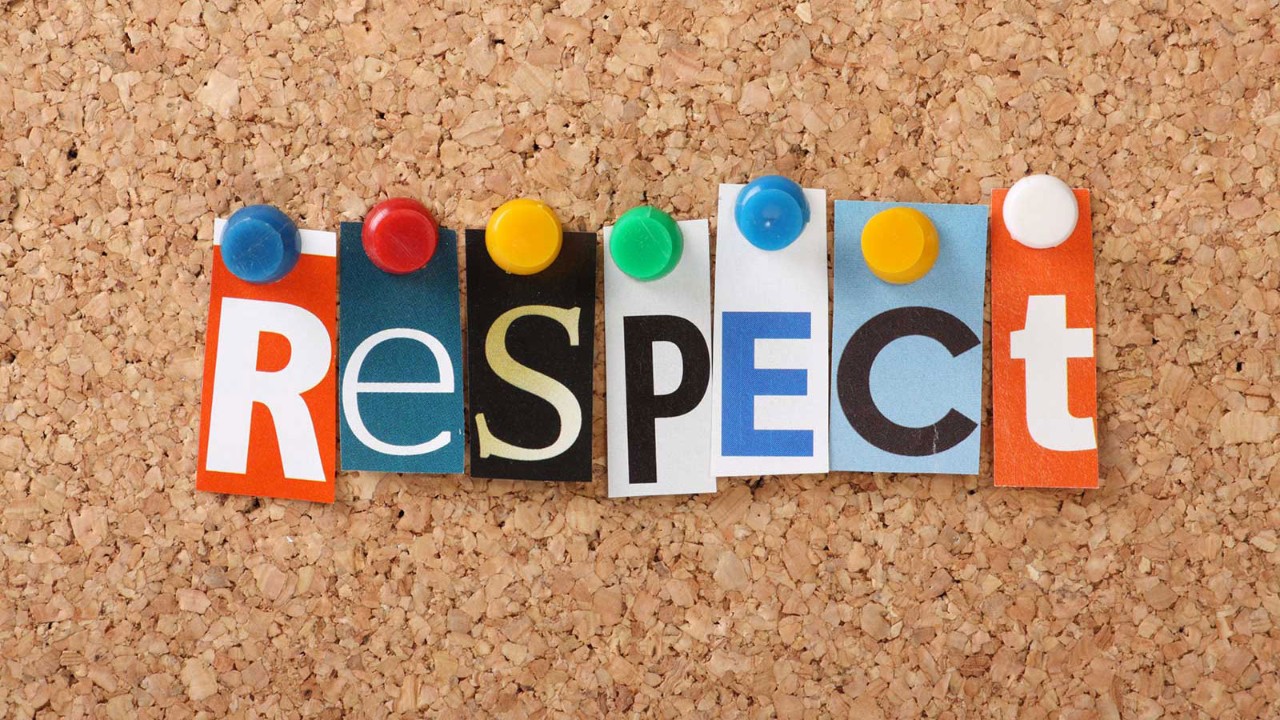
The workplace is a place of collaboration and connection, but recent research has revealed a worrying trend: the rise of incivility among colleagues.
The US-based Society for Human Resource Management (SHRM) launched its Civility Index in 2024 to understand attitudes towards others in the workplace and society. In the latest pulse report, SHRM found that in the first quarter of 2025, uncivil behaviours – such as shaming, gaslighting and excessively micromanaging others – were up 21.5% from the previous year.
Approaching the issue when your emotions are high is a recipe for disaster
The rise in incivility in the workplace is primarily due to return-to-office mandates coupled with job insecurity, which are creating fertile ground for bad feelings among colleagues. But it can also be about how the toll of stress and burnout is manifested by individuals.
As well as being damaging to mental health, incivility is also bad for business. The SHRM calculates that poor behaviour in the workplace is costing US businesses more than US$2.1bn a day, through absenteeism and reduced productivity.
Stay calm
If you find yourself a victim of office incivility there are a number of strategies you can implement.
First, think about your organisation’s shared goals. A sense of purpose can really unite a team, so keep these objectives in mind when deciding how to proceed. If possible, redirect conversations towards achieving these goals, which can help minimise conflicts.
Australian human resources expert Natasha Hawker, of Employee Matters, recommends trying to avoiding confrontation. Try and stay calm, as approaching the issue when your emotions are high is a recipe for disaster.
‘Note down the details of what’s happened, when it’s happened and who witnessed it,’ Hawker says. ‘What you do with this information depends on how comfortable you are speaking to the person directly about what’s transpired between you both.’
If you decide to approach the employee directly, make sure you don’t come at it combatively. Instead, raise the issue that concerned you, explain how it made you feel, and ask them why the conduct occurred or what their intention was.
Is this a one-off or has it occurred multiple times?
Try to understand the other person and come to an agreement on what will happen in the future. Have your conversation privately and respectfully.
The bigger picture
Hawker recommends trying to keep the bigger picture in mind when deciding your next step. Is this a one-off or has it occurred multiple times? Is the behaviour unreasonable or inappropriate? What do your company’s policies have to say about this kind of behaviour, and does it have a procedure to handle complaints and grievances?
If you don’t feel comfortable approaching the other person giving you grief, consider speaking to your manager or HR department. They will probably ask if you would like to try to have a meaningful conversation to resolve the matter informally with their support or to follow a formal grievance investigations process, Hawker says.
When an organisation approaches bad behaviour, it’s vital to build trust and facilitate an open dialogue among teams. According to SHRM, practicing civil behaviour ensures that the workplace is a safe space where staff can be productive and generate their best ideas, and by establishing a dynamic and diverse environment, everyone is able to thrive.
More information
Read our article on ‘How to have courageous conversations‘.
Listen to our podcast series with business psychologist Jess Baker on dealing with workplace pressure.


